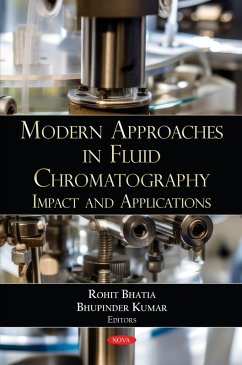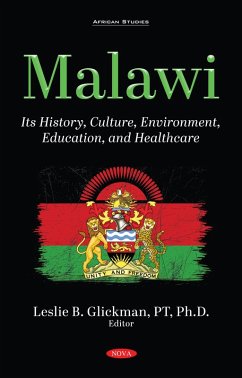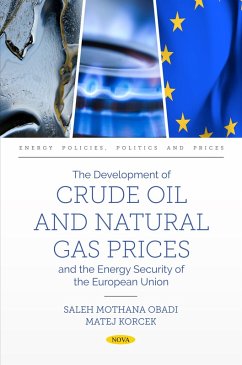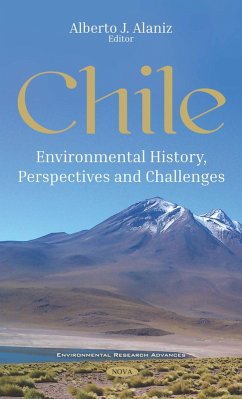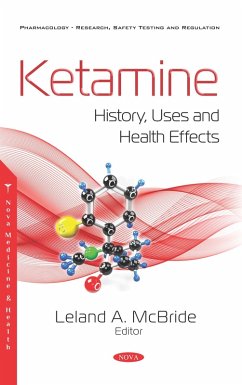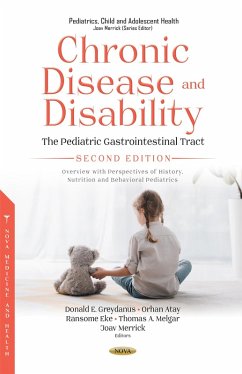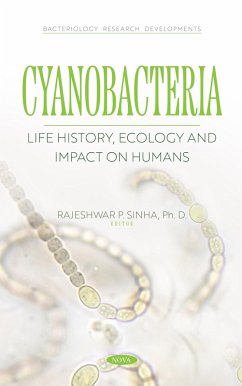
Gas Chromatography: History, Methods and Applications (eBook, PDF)
Versandkostenfrei!
Sofort per Download lieferbar
88,95 €
inkl. MwSt.

PAYBACK Punkte
44 °P sammeln!
Gas Chromatography: History, Methods and Applications focuses on the main applications of gas chromatography in clinical and forensic toxicology, mainly in the determination of drugs of abuse including the new psychoactive substances in several types of biological matrices. The authors go on to investigated the analysis of gaseous or volatile substances using sensor gas chromatography equipped with a semiconductor gas sensor detector. The simplicity, ease of handling, and high sensitivity of this method allow results to be obtained rapidly, which may provide valuable information for forensic d...
Gas Chromatography: History, Methods and Applications focuses on the main applications of gas chromatography in clinical and forensic toxicology, mainly in the determination of drugs of abuse including the new psychoactive substances in several types of biological matrices. The authors go on to investigated the analysis of gaseous or volatile substances using sensor gas chromatography equipped with a semiconductor gas sensor detector. The simplicity, ease of handling, and high sensitivity of this method allow results to be obtained rapidly, which may provide valuable information for forensic diagnosis. This compilation addresses the way in which food adulteration practices are potentially harmful to human health and so food safety and authenticity constitute an important issue in food chemistry. The chemical composition of foodstuffs is an excellent indicator of quality, origin, authenticity and/or adulteration. The concluding study aims to determine the organic compounds of vinasse through gas chromatography-mass spectrometry GC-MS. Vinasse is a byproduct of ethanol and poses long-term risk to public health because of its persistent and toxic nature.
Dieser Download kann aus rechtlichen Gründen nur mit Rechnungsadresse in A, B, BG, CY, CZ, D, DK, EW, E, FIN, F, GR, HR, H, IRL, I, LT, L, LR, M, NL, PL, P, R, S, SLO, SK ausgeliefert werden.




